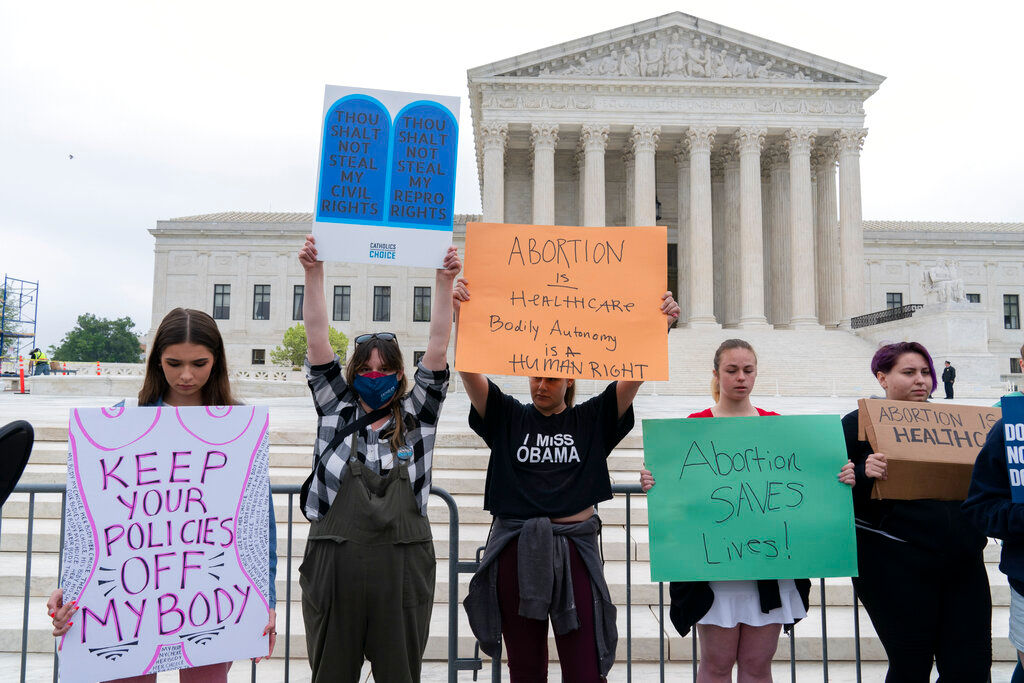The US Supreme Court on Friday overturned Roe v. Wade, the landmark case from 1973 that protected abortion rights across the country. A leaked February draft opinion indicated that the court may move in that direction.
Friday’s ruling will allow states to change access to abortion, allowing state legislatures to pass laws banning abortions. This will allow for abortion bans in roughly half of the states in the US.
Justice Samuel Alito wrote Friday in his majority opinion that “Roe was egregiously wrong from the start. Its reasoning was exceptionally weak, and the decision has had damaging consequences. And far from bringing about a national settlement of the abortion issue, Roe and Casey have enflamed debate and deepened division.”
Also Read | Donald Trump reacts to Roe v Wade overturn: Will work out for everybody
How quickly state laws will change varies from state to state. Thirteen states, mainly in the south and midwest, already have laws on the books that ban abortion.
Another half-dozen states have near-total bans or prohibitions after six weeks of pregnancy.
With the overturning of Roe v Wade, state courts could play a larger role in determining what types of abortion regulations are permissible.
The Supreme Court could still, however, face future abortion cases even after the overruling. This would happen particularly if some states adopt total abortion bans that make no exceptions for rape, incest or the health of the mother.
Sue Liebel, state policy director with the anti-abortion rights group Susan B. Anthony Pro-Life America, acknowledged that more legal battles are likely.
“That’s gonna take us back, frankly, to where we always have been. Each side tries to put their big toe right on that line and push the envelope,” Liebel said.
Anti-abortion groups have warned that Roe is more extreme than most realize as it left open exceptions for life and health of the mother at later gestational ages.
Also Read | Planned Parenthood vows to fight for abortion rights amid Roe v Wade reversal
Now, in blue and purple states, Republicans will likely encounter fierce resistance to newly proposed bans. This could create possibility that the state’s laws won’t change or at least not for a long while. If Democrats win more seats in the House, they’ll be poised to continue pushing a codification of Roe at the federal level.
Thirteen states have passed so-called “trigger laws” that will almost immediately ban abortion now that Roe v. Wade is overturned, according to the Guttmacher Institute. Sixteen states have put their own laws in place to protect the right to end a pregnancy.
A host of other restrictions could limit where, by whom, and under what conditions abortion can be provided.







